What's Right (and What's Wrong)
with the Cliches You and I Live By
SOPHIA INSTITUTE PRESS
Manchester, New Hampshire



Contrary truths, that is where we must begin.
Otherwise we understand nothing, and even at the end of each truth one must add what one remembers of the opposite truth.

Aphorisms
 e hear them all our lives: aphorisms that sum up bits of life in a nutshell. We hear them from our parents and grandparents; we hear them from our coaches and teachers; we hear them on the radio and on the TV. We even use them ourselves - phrases like "Life is what you make it," "Ignorance is bliss," and "He who hesitates is lost."
e hear them all our lives: aphorisms that sum up bits of life in a nutshell. We hear them from our parents and grandparents; we hear them from our coaches and teachers; we hear them on the radio and on the TV. We even use them ourselves - phrases like "Life is what you make it," "Ignorance is bliss," and "He who hesitates is lost."
These phrases are catchy and easy to remember, and they provide us with quick answers to life's many challenges. We absorb them growing up as we absorb language and culture.
At a certain point, however, they become frustrating. Is it really the case that "It doesn't matter what you believe so long as you're sincere"? Sincerity is good, but what if you're a sincere racist? When you and I close a difficult discussion by saying, "Let's just agree to disagree," have we preserved our friendship or taken a step toward its destruction?
Once I began looking more closely at phrases like these, I found that most of them are two-faced: embedded in them are real solutions, but if we employ them uncritically, they can harm as frequently as they heal.
In fact, questions of truth and goodness can't be adequately answered within the parameters of these cliches we use to guide our actions. They're true in a way, but they don't contain the whole truth. They need to be qualified; and the qualifications sometimes require us to defend what seems to be the opposite claim. Both contain important truths worth preserving.
That fact suggested the format for this book: I've designed it so that it presents you a kind of debate between competing positions. Each left page argues forcefully for the ordinary understanding of the cliche. The right-hand page opposite it introduces qualifications and modifications that must be made if the truth in the cliche is not to be lost amid its error.
Does such debate and refinement give us the whole truth about these issues? Of course not. Truth is inexhaustible. But following the opposing sides in these mini-debates enriches our understanding and helps us think more clearly and critically, which is itself a great help in this time of sound bites and controversy.
In these pages, I've tried first to focus on the usual understanding of each cliche and to draw out the most important corrective to it, but my response is never the final word. More remains to be said. The quotations at the bottom of each page open up the idea to more reflection.
Start reading this book anywhere you want.
Each cliche is its own little bit of wisdom, with roots and branches that reach into many parts of our lives. Not all the cliches ring equally true to all ears. Begin with the ones that sing for you. Then consider others as your interest guides you.
My hope is that consideration of these half-truths - along with their other halves - will inspire you to think, to wonder, and to delight in knowing.
The real movers and shakers don't just talk and write; they act. Words without deeds are useless. To matter in this world, you've got to make things happen.
The decisive steps of history turn on the bold actions of men and women. Think of the empire builders: Alexander the Great, Augustus Caesar, Charlemagne, and Napoleon. They didn't simply write about how the world should be: they went out and actually changed the world. Likewise, Susan B. Anthony's actions, not her words, won rights for women.
The same is true in your own life. It's all well and good to talk about what should be done, but be realistic. If you really want things to change, you've got to get involved in the hard work of making your dream a reality. Look at the example of Mother Teresa. She didn't just pray. She helped people with her own hands and heart. That's why she's so impressive.
So if you want to change the world, don't waste time thinking or writing about it. Get out there and do it. Actions speak louder than words.
Then I showed again, not in words but in action, that death is something 1 couldn't care less about, but that my whole concern is not to do anything unjust or impious. That government did not frighten me into wrongdoing.
Socrates
in Plato's Apology, 32d
 T'S TRUE THAT great changes in the world have come about because of the extraordinary actions of individuals. Without bold deeds, the world is slow to change. Words and ideas may not bear fruit for centuries, if at all. Without the actions of courageous men and women, civilization stagnates. But aren't all great actions sparked by powerful ideas and strong words?
T'S TRUE THAT great changes in the world have come about because of the extraordinary actions of individuals. Without bold deeds, the world is slow to change. Words and ideas may not bear fruit for centuries, if at all. Without the actions of courageous men and women, civilization stagnates. But aren't all great actions sparked by powerful ideas and strong words?
Did any of the great empire builders act without an overarching idea to guide him? Each had a vision he wanted to make real. Each was moved to act by a dominant idea. And could any of them have gotten men to follow them without inspiring speeches? Each was a great communicator of his ideas.
Think of the powerful documents and speeches that have profoundly affected us. Take the Declaration of independence for instance. Its opening lines have inspired our nation for over two centuries: "We hold these truths to be self-evident, that all men are created equal." These words have guided us Americans in our efforts to guarantee the rights of all.
Or think of Lincoln's Gettysburg Address. The speech's depth of meaning and the sheer beauty of its language have a permanent place in our national consciousness. The influence of these documents has far exceeded the particular actions of their authors. Words reach a wider audience than actions, and when presented with power and grace, actually inspire actions.

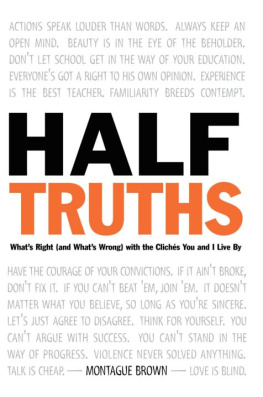

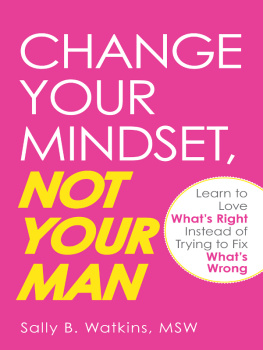

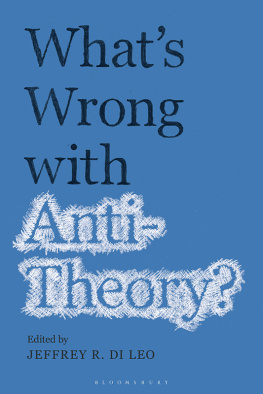
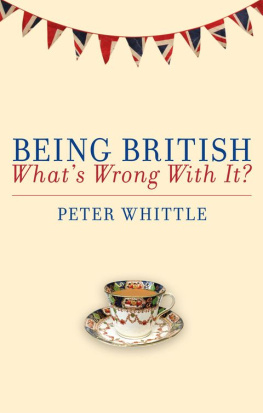

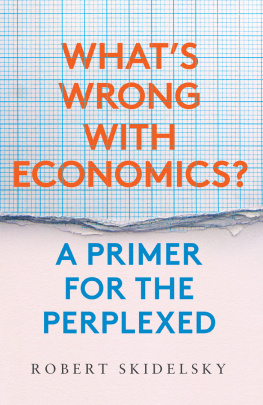



 e hear them all our lives: aphorisms that sum up bits of life in a nutshell. We hear them from our parents and grandparents; we hear them from our coaches and teachers; we hear them on the radio and on the TV. We even use them ourselves - phrases like "Life is what you make it," "Ignorance is bliss," and "He who hesitates is lost."
e hear them all our lives: aphorisms that sum up bits of life in a nutshell. We hear them from our parents and grandparents; we hear them from our coaches and teachers; we hear them on the radio and on the TV. We even use them ourselves - phrases like "Life is what you make it," "Ignorance is bliss," and "He who hesitates is lost."
 T'S TRUE THAT great changes in the world have come about because of the extraordinary actions of individuals. Without bold deeds, the world is slow to change. Words and ideas may not bear fruit for centuries, if at all. Without the actions of courageous men and women, civilization stagnates. But aren't all great actions sparked by powerful ideas and strong words?
T'S TRUE THAT great changes in the world have come about because of the extraordinary actions of individuals. Without bold deeds, the world is slow to change. Words and ideas may not bear fruit for centuries, if at all. Without the actions of courageous men and women, civilization stagnates. But aren't all great actions sparked by powerful ideas and strong words?